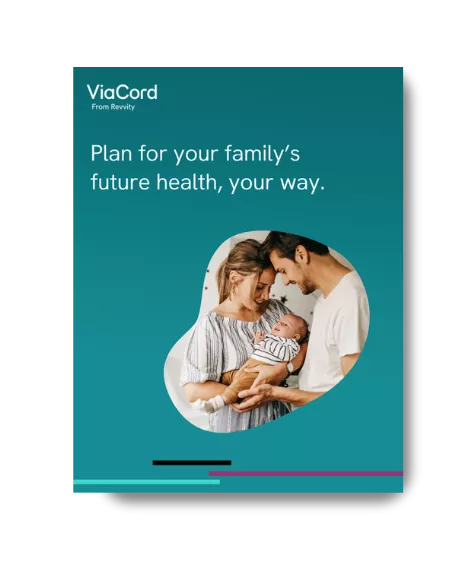Clinical trials using cord blood in areas of research including autism and cerebral palsy show the potential for it to be a promising option for treatment in the future. Families who have participated in these clinical research trials are thankful to have had the opportunity. But what happens when patients don’t have access to cord blood treatments through clinical trials? That’s where expanded access can help.
What is Expanded Access?
Through the FDA’s Expanded Access Program pathway, patients with serious or life-threatening conditions or diseases can access investigational medical products or treatments outside of clinical trials. These investigational products and treatments are drugs, biologics, or medical devices in the early stages of development. They have not yet been FDA approved, but are being tested to determine their safety.
Benefits of Expanded Access
Not all patients with a given diagnosis meet the requirements to participate in a clinical trial. If they are, they might be faced with long wait lists due to medical facilities being unable to treat high volumes of cases, trials that have already been completed, or if patients have travel restrictions. Some patients have already tried all other medical options available to them, including clinical trials.
With expanded access, these patients now have an opportunity to receive potentially beneficial investigational drugs or treatments that they otherwise wouldn’t have had. If accepted into the program, expanded access can accelerate treatment availability. In addition to making investigational drugs or treatments more accessible, data collected from expanded access studies can help speed up the approval time of the treatment or drug if it’s determined to be ethical and safe.
Who is Eligible for Expanded Access?
Patients who could potentially benefit from expanded access need to meet the following requirements:
- Have a serious or life-threatening disease or condition
- No other availability to alternative therapies
- Unable to participate in clinical trials
- Benefits outweigh risks
- Doesn’t interfere with the development or treatment approval of the drug or treatment
Cord Blood Use in Expanded Access
Clinical trials using cord blood are showing promise in treatment, and many are excited about its progress. Yet, many families who have banked their child’s cord blood haven’t been able to benefit from cord blood treatments because they aren’t part of a clinical trial. This is where expanded access protocols like one’s being offered at Duke University Medical Center and MD Anderson Cancer Center can make this treatment possible for families.
Duke University
In 2017, Duke University released results from a Phase I Clinical Trial demonstrating it was safe for a child to receive an infusion of their own cord blood. Shortly after, the FDA approved an Expanded Access Protocol for umbilical cord blood infusions at Duke. If accepted, children with neurologic conditions such as cerebral palsy, autism, stroke, hydrocephalus, and other related brain injuries and have autologous (their own) or a sibling’s cord blood unit stored can get access to infusions through the program. Read the results published in Stem Cells Translational Medicine.
MD Anderson Cancer Center
This past January, the MD Anderson Cancer Center became the second location to offer cord blood infusion treatments through the expanded access protocol previously running only at Duke. Umbilical cord blood use in this protocol is based on the safety and efficacy data that came from Duke’s prior and ongoing clinical trials and the exact same eligibility and treatment protocol are used.
What's Next for Expanded Access?
These expanded access protocols give families a resource they might have not otherwise had. Due to the volume of cases, there are still many families waiting to be treated. The hope is that in future, we will see more medical facilities able to offer expanded access protocols that will give families the opportunity to receive cord blood treatments.











